Japan is researching a drug that helps teeth grow back, in the hope of replacing methods such as dentures or implants.
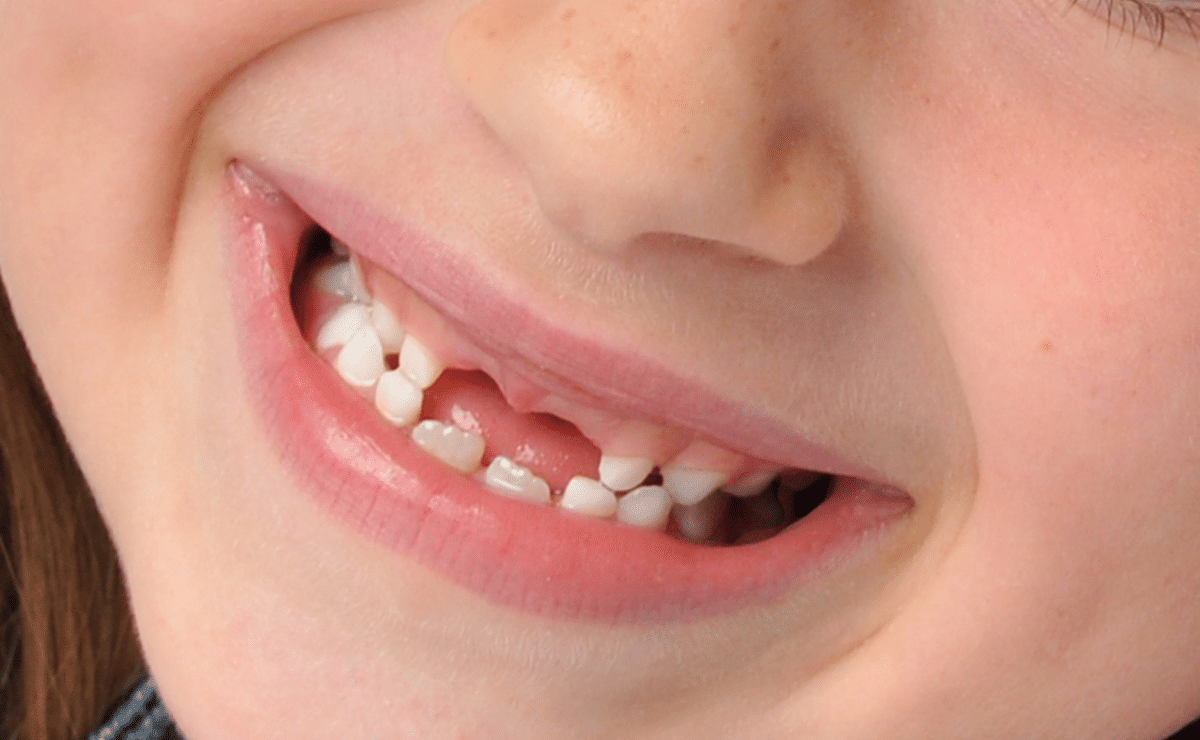
Teething pills are expected to replace invasive methods such as dentures and implants, which are often very expensive - Photo: INQUIRER
According to AFP news agency on December 13, Japanese researchers are testing a drug that can help people who have lost teeth grow new teeth, with the hope of becoming a pioneering alternative to using dentures or dental implants.
According to Katsu Takahashi, head of the department of oral surgery at the Kitano Hospital Medical Research Institute in Osaka, humans do not have only two sets of teeth as people often think. In fact, under our gums there are third-generation tooth buds in a "hibernating" state.
The drug works by blocking the USAG-1 protein, which inhibits tooth growth. Tests on mice and ferrets showed that new teeth grew back, opening up potential for human use.
Mr Takahashi said this was a "completely new" technology and could create a breakthrough in the field of dentistry.
The research team began clinical trials at Kyoto University Hospital in October this year, with the aim of testing the safety of a drug that can stimulate tooth buds to "wake up from hibernation".
In the future, the drug is expected to help children with genetic disorders that cause congenital tooth loss - a rare condition that affects about 0.1% of the population.
Mr Takahashi confidently said that the position of a new tooth can be controlled by determining the injection site. In case of incorrect eruption, they can be moved by orthodontics or implants.
Current methods of replacing missing teeth, such as dentures or implants, are often expensive and invasive, so “there are certainly advantages to restoring natural teeth.”
In the first phase, the drug will be tested on healthy adult patients who have lost at least one tooth to test its safety. If successful, the drug will be developed to help children with genetic disorders that cause congenital tooth loss.
This is welcome news for Japan, which has the second-oldest population in the world. Data from the country's health ministry shows that more than 90% of people aged 75 and older have lost at least one tooth, affecting their eating habits.
Mr Takahashi hopes that the drug can be launched as early as 2030 to "improve the lives and prolong the lives" of millions of people. This research has received much recognition from experts around the world.
Mr Chengfei Zhang, clinical professor of endodontics at the University of Hong Kong, commented that Mr Takahashi's method was "innovative and has great potential".
Meanwhile, Mr. Angray Kang, professor of dentistry at Queen Mary University of London (UK), affirmed that Mr. Takahashi's group is leading in this field.
Source: https://tuoitre.vn/nhat-ban-thu-nghiem-thuoc-giup-rang-moc-lai-do-ton-tien-trong-rang-gia-20241213182942254.htm







































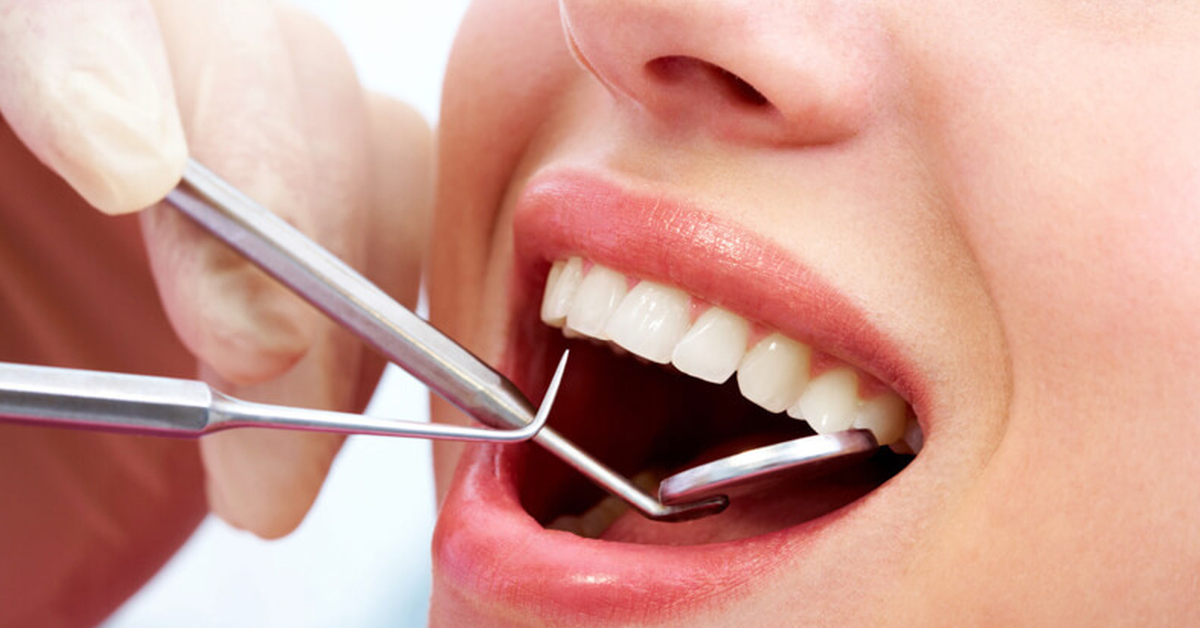
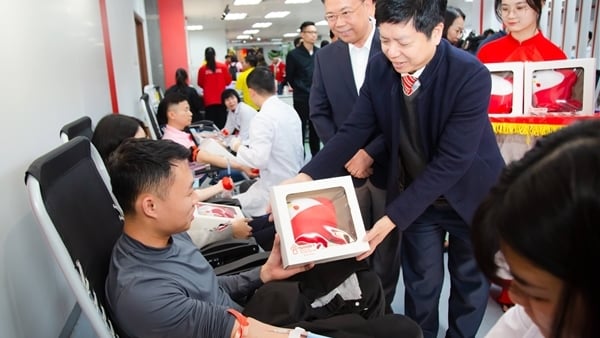



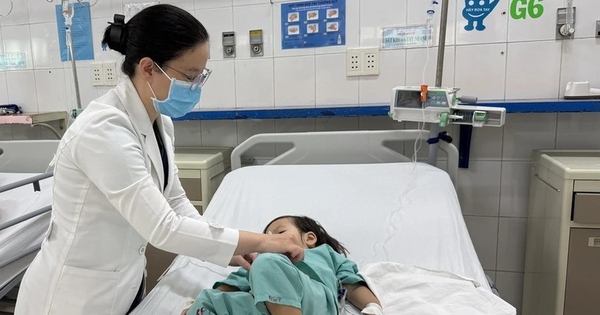







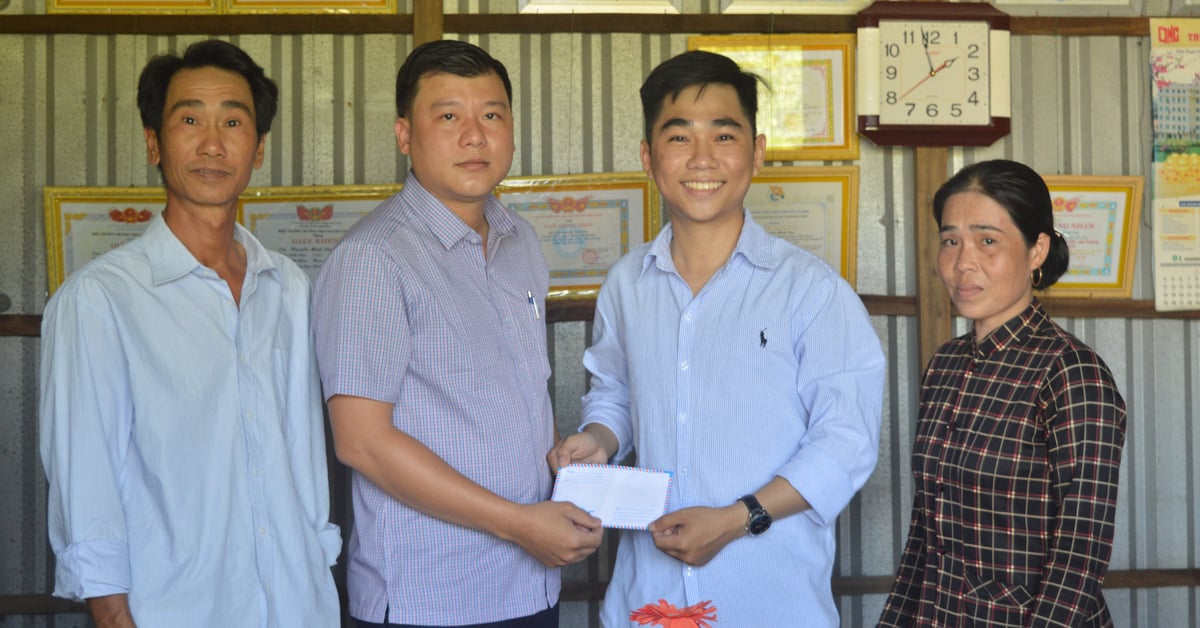


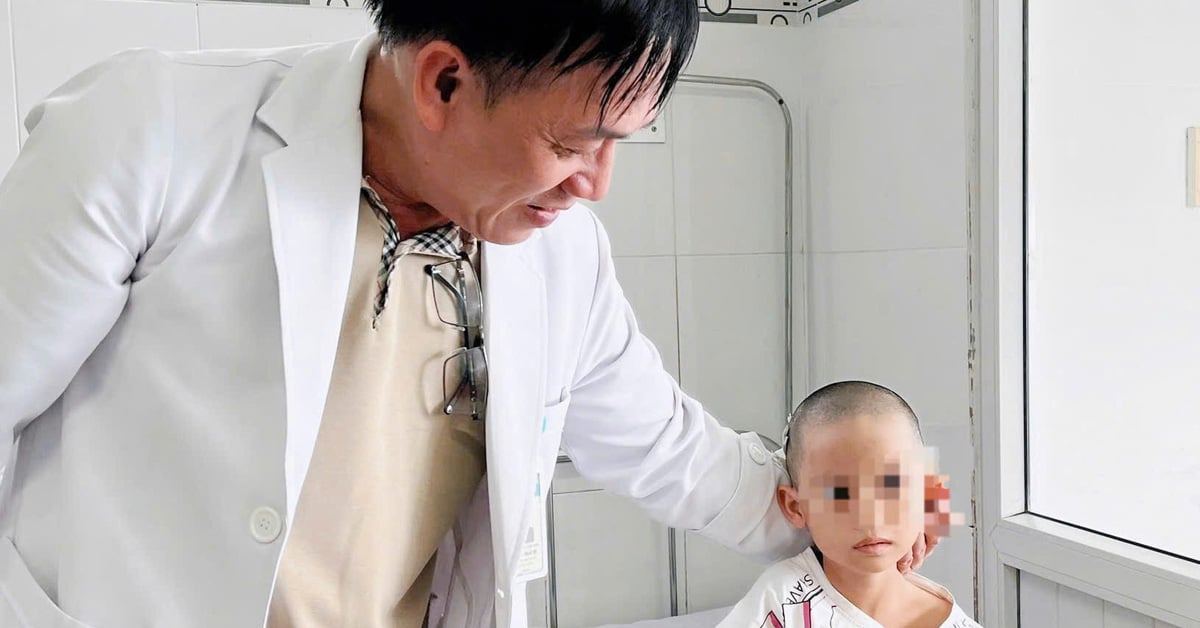





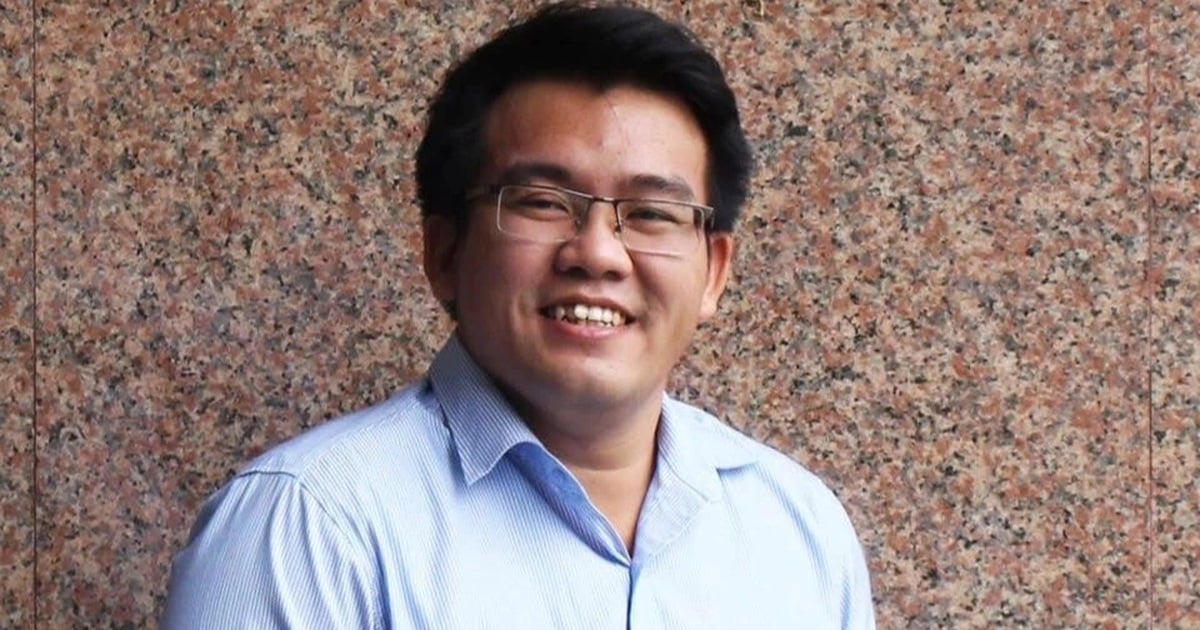
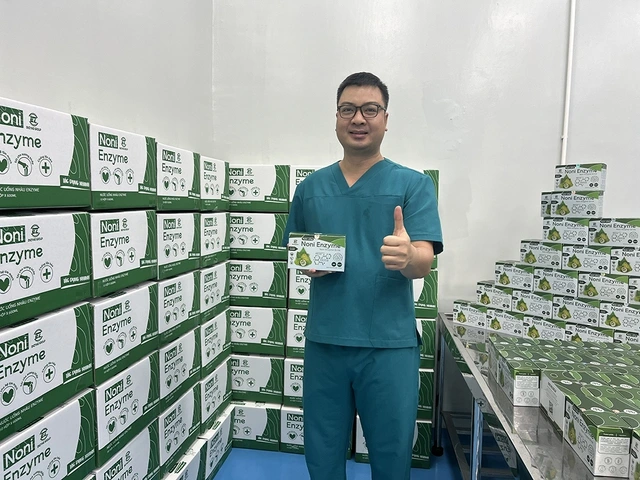






Comment (0)